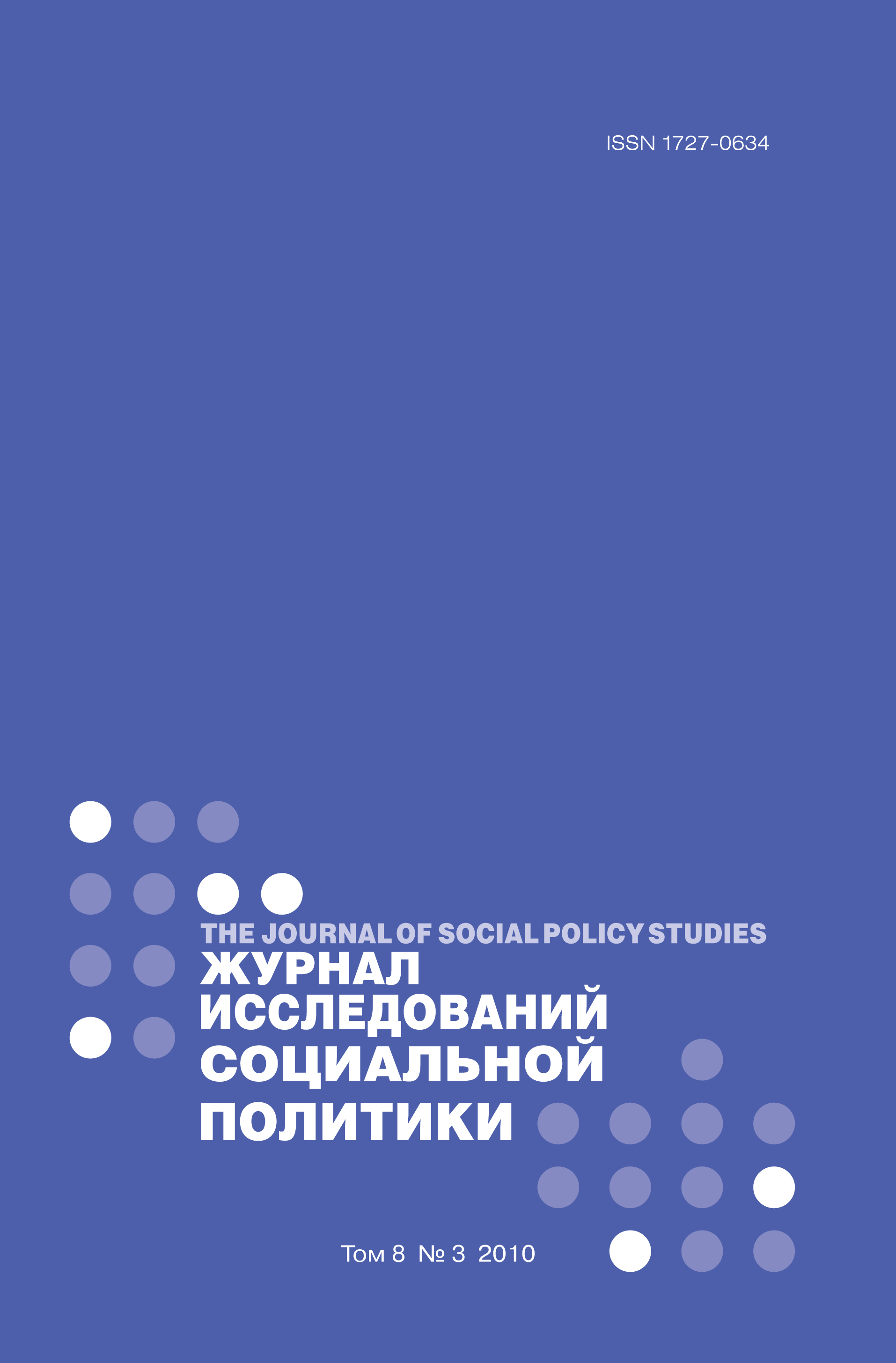Как помогающие работники конструируют проблемы цыганских семей: вклад общих и специфических стереотипов о родительстве
Ключевые слова:
социальная работа, родительство, социальная эксклюзия, цыганские семьи
Аннотация
Социальная работа с цыганскими семьями развивается медленно и со значительными проблемами – специалисты фиксируют крайне низкий уровень обеспечения прав и потребностей многих детей цыганской общины, и все предпринимаемые меры пока не являются эффективными. Одной из возможных трудностей решения проблемы становится позиция социальных работников, педагогов и медиков, взаимодействующих с цыганскими семьями. Их мерки оценки ситуации в цыганской семье складываются из традиционного понимания родительства и стереотипных суждений о культуре родительства в цыганских семьях. Эти два источника формирования позиции специалистов на практике обусловливают усиление предрассудков как относительно родительства вообще, так и цыганских семей в частности. Основу позиции специалистов составляет следующее убеждение: родители несут ключевую ответственность за благополучие ребенка, тогда как цыганские родители не обладают родительскими компетенциями и потенциалом к их развитию. Отношение помогающих специалистов блокирует развитие вовлечение самих цыган в решение проблемы их социальной интеграции.Скачивания
Данные скачивания пока не доступны.
Опубликован
2010-12-31
Как цитировать
НавратилП. (2010). Как помогающие работники конструируют проблемы цыганских семей: вклад общих и специфических стереотипов о родительстве. The Journal of Social Policy Studies, 8(3), 353-372. извлечено от https://jsps.hse.ru/article/view/3550
Раздел
СТАТЬИ НА РУССКОМ ЯЗЫКЕ















